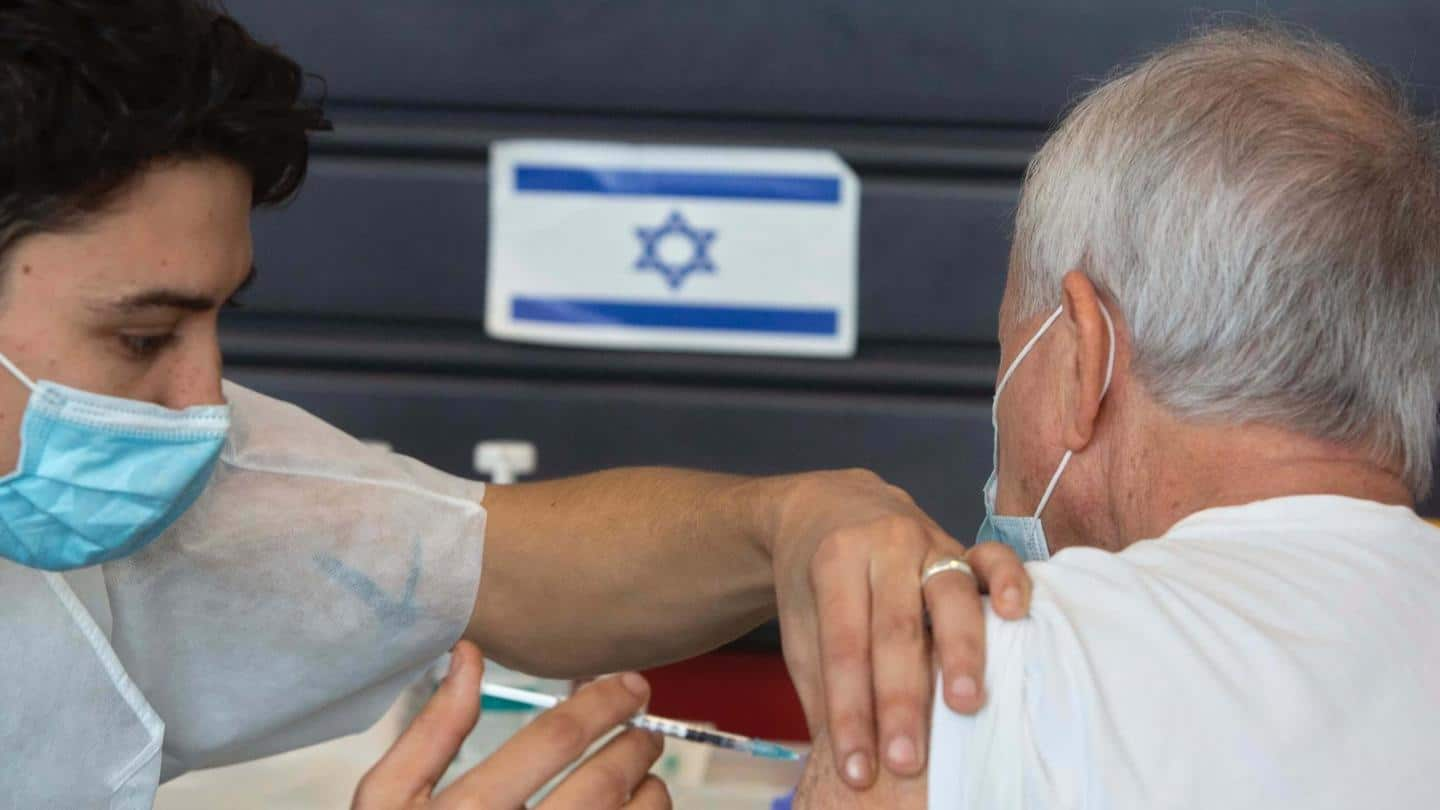
WHO raises concerns about Mideast vaccine inequity
What's the story
The World Health Organization has raised concerns about the unequal distribution of coronavirus vaccines in Israel, which has given shots to more than 20 percent of its population but the occupied territories, where Palestinians reside are yet to receive any. The Palestinian Authority accused Israel of racism but made no request for vaccines. It is procuring supplies through a WHO program and private companies.
Information
Not obligated to vaccinate Palestinians in West Bank, Gaza: Israel
Rights groups say Israel has the responsibility as an occupying power to provide vaccines to Palestinians in West Bank and Gaza. However, Israel says it has no such obligation and that its own is the priority, but at some point, it might consider sharing supplies.
Inequality
The incident reflects global inequality in access to vaccines
The dispute reflects global inequality in access to vaccines, as wealthy countries vacuum up the lion's share of doses, leaving poorer countries even farther behind in combating the public health and economic effects of the pandemic. The matter has emerged as another flashpoint in the decades-old Mideast conflict, even as the virus has wreaked havoc on both sides.
Quote
WHO is in talks with Israel: Dr. Rockenschaub
"We've raised public health and equity concerns about this unequal distribution of vaccines. We are in discussions with Israelis, trying to explore the option, whether Israel could consider allocating vaccines to Palestinians," Dr. Gerald Rockenschaub, head of the WHO office for the Palestinian territories said.
Eligibility for the vaccine
Jewish settlers in West Bank are eligible for the vaccine
Israel has administered two million doses since late December, including Arab citizens of Israel and Palestinians living in annexed east Jerusalem. Israel is required to provide vaccines under international law related to military occupation. Critics say that Jewish settlers in the West Bank are eligible for the vaccine because they are Israeli citizens, while the 2.5 million Palestinians living in the territory are not.
Quote
'Our first responsibility is to vaccinate the citizens of Israel'
Earlier, Israeli Health Minister Yuli Edelstein had said, "Israel has been closely cooperating with the Palestinian Authority since the beginning of the crisis and might consider sharing vaccines. But we do have to understand that our first responsibility is to vaccinate the citizens of Israel."
COVAX program
COVAX a ray of hope for the Palestinian Authority
Under the Oslo accords signed in the 1990s, the Palestinian Authority is responsible for healthcare in the territories it administers, while both sides are to work together to combat epidemics. The Palestinian Authority hopes to get its first doses at the beginning of February through a WHO program known as COVAX, which aims to procure vaccines for needy countries.
Quote
Ethnicity determining whether you'll receive vaccine in West Bank
"In parts of the West Bank, people are receiving vaccines based on whether they're Jewish or Palestinian. Everyone in the same territory should have equitable access to the vaccine, regardless of their ethnicity," Omar Shakir of Human Rights Watch said.
Hindrance
Israelis can't be protected unless Palestinians are vaccinated
The Palestinian Authority is reluctant to publicly ask Israel for help because that may open it up to allegations from Israel that it was unable to provide for its own and therefore not ready for statehood. "To ensure full protection of the Israelis, Palestinians are to be vaccinated adequately," Rockenschaub said, pointing to the estimated 1,40,000 Palestinians who regularly cross into Israel for work.
Information
History between Israel and the Palestinian Authority
Israel captured east Jerusalem, the West Bank, and Gaza in the 1967 war, territories the Palestinians want for their future state. Israel withdrew from Gaza in 2005. The Palestinian Authority administers parts of the occupied West Bank and helps coordinate healthcare in Gaza.